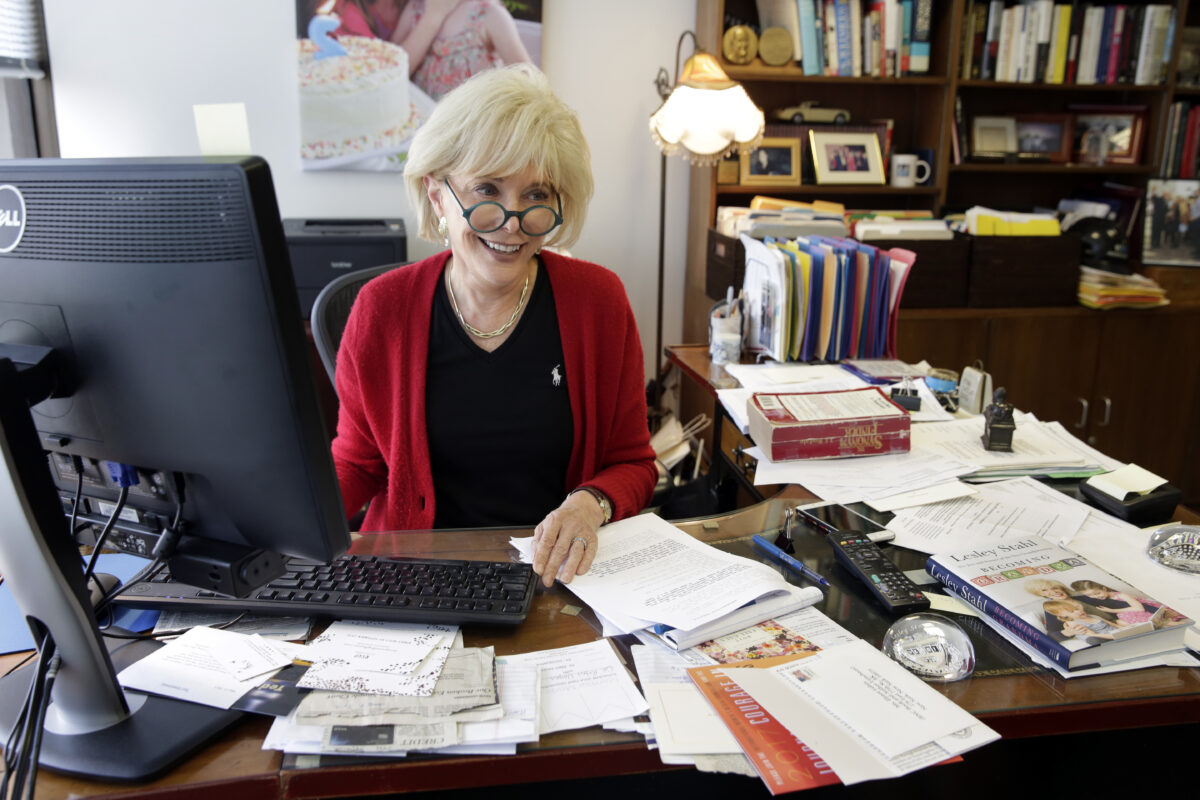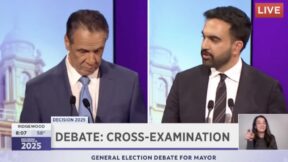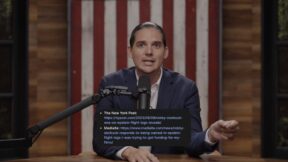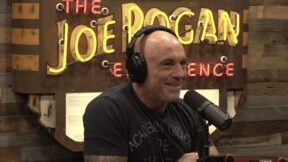60 Minutes’ Lesley Stahl Says She’s Already ‘Grieving’ for the Show Ahead of Paramount Merger: ‘We Will Hopefully Still Be Around’

(AP Photo/Richard Drew, File)
CBS News correspondent Lesley Stahl revealed how the 60 Minutes newsroom was talked down from a mass exit and how she is already “mourning” the show amid a mounting crisis at her network.
In a new interview with The New Yorker Radio Hour, the 34-year veteran of the program told David Remnick that the 60 Minutes newsroom contemplated a mass resignation following the departure of executive producer Bill Owens in April, which she likened to “a punch in the stomach.”
“One of those punches where you almost can’t breathe,” she added.
Stahl praised Owens’s resistance to parent company Paramount’s alleged interference in its coverage as “heroic,” describing him and outgoing CBS News CEO Wendy McMahon as essential “barriers” against top-down editorial pressure.
Both departed within weeks of each other during a period when the future of 60 Minutes is being reshaped by corporate negotiations over a potential Paramount sale to Skydance Media.
Asked whether she herself had considered walking away, Stahl revealed that there were internal talks about a coordinated staff resignation — but said Owens had pleaded with colleagues not to quit.
“He explicitly asked us not to resign,” she said.
Her remarks come as CBS News faces an ongoing $20 billion lawsuit from President Donald Trump, who claims the network harmed him during the 2024 election cycle by airing a selectively edited interview with Vice President Kamala Harris. Sources say Paramount floated a $15 million settlement offer last week that was reportedly rejected as it scrambles to secure Trump’s approval of a merger deal.
Stahl was blunt about the stakes: “I’m already beginning to think about mourning, grieving,”
She added: “We will hopefully still be around, turning a new page and finding out what that new page is going to look like.”
But beyond corporate meddling and legal threats, Stahl laments a more existential crisis in the form of a public apathy toward journalism itself.
“The pain in my heart is that the public does not appreciate the importance of a free and strong and tough press in our democracy,” she said. “The public doesn’t seem to want what we do to be part of our public life.”




